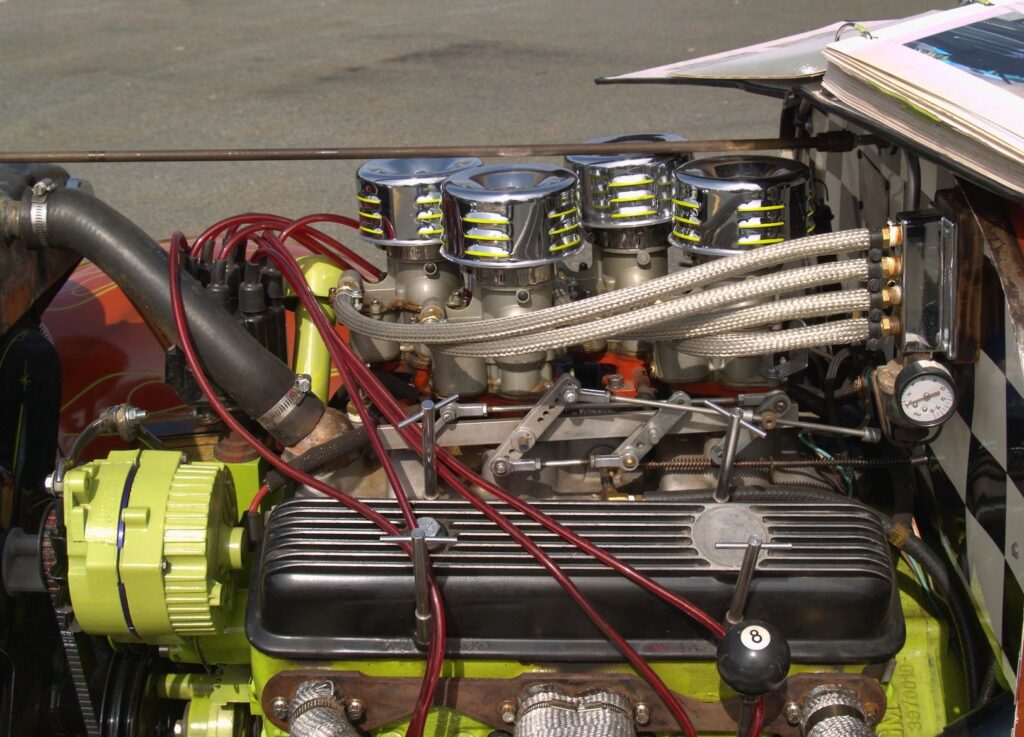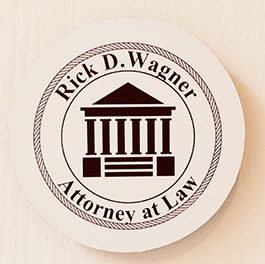Is It Better to Keep Repairing an Old Car versus Buying a
Brand New One?
By Ursula Nizalowski
Every once in a while, a car has to get repaired due to failing parts or things getting broken due
to unforeseen circumstances such as accidents. Though as a car ages, more repairs are required
to keep it running. As a result, drivers end up debating over whether it’s better to keep repairing
the car they have or to just purchase a brand new car instead. Both options have their ups and
downs as money plays a large factor in whichever the driver decides to do. So here are the pros
and cons for either option to hopefully make this decision easier.
Repair Old Car
– Pros: Since the COVID-19 pandemic hit, new car prices have been going up “4.2%
year over year” according to Capital One. While that may not seem like a lot, it does add up
when insurance and monthly payments are included. Thus, one might actually save money by
keeping the old car since the payments wouldn’t change. On top of that, Edmunds says it’ll
“give you more time to save up and get your finances in order” to purchase a new car down the
line if the old car is still functioning after the repairs.

– Cons: While small repairs aren’t a big deal money-wise, larger ones can get costly.
And if “the cost of repairs exceeds the car’s value, it’s probably best to get a new car instead”
Progressive advises. Because if the value of the car lowers significantly, then it will be harder to
sell. There’s also the issue of safety as older cars become less safe overtime, which can put a lot
of people in danger including the driver, passengers, and other vehicles on the road.
Buy New Car
– Pros: Compared to old or even used cars, new ones usually come with a warranty that
covers any issues with the car “for the first three years or 36,000 miles, and some parts of the
vehicle may have extended coverage up to 100,000 miles” according to Bankrate. So what that
means is the driver doesn’t have to worry about spending too much money on repairs with a new
car right away. Additionally, recent car models have better safety features than older cars. This
includes things like backup cameras and blind-spot warning systems, which help to prevent
accidents from occurring.
– Cons: While it may seem like an easy solution for dealing with an old car that needs
constant repairs, purchasing a new car is still a major investment. That’s because new cars these
days have an average monthly cost of $726, which combined with the down payment and buying
a new insurance policy can really add up expense-wise. New cars also lose about 22% of their
value during the first year of ownership, meaning what they’re worth immediately decreases
after being purchased, whereas older vehicles have already gone through depreciation. In other
words, old cars won’t lose any more value than they have compared to new cars as long as they
still work.
At the end of the day, it’s really up to the driver to decide how they want to spend their money in
relation to their car. But for more information to resolve this issue definitively, feel free to
contact attorney Rick Wagner.

